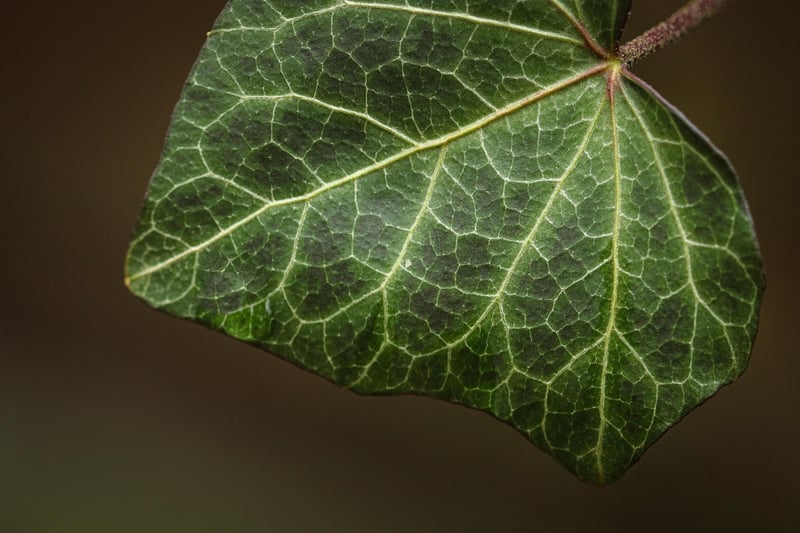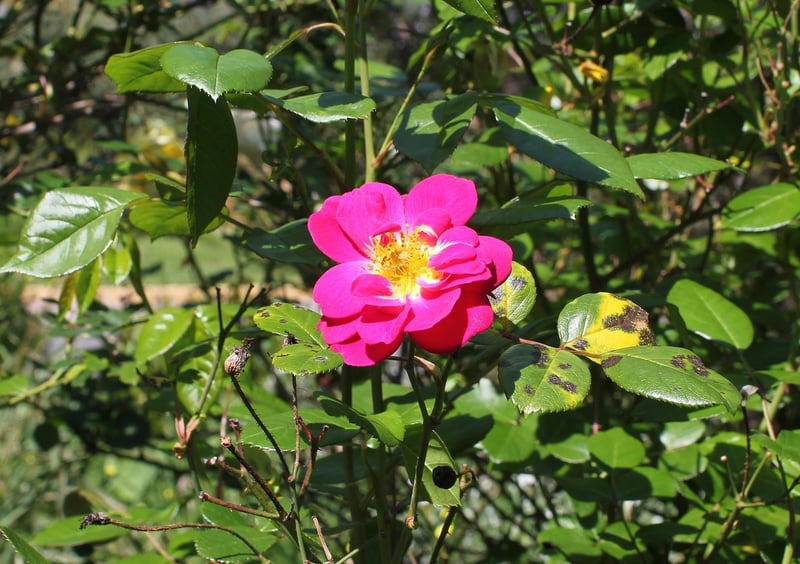Identifying plant diseases
#Garden pests
#Plant diseases
#Natural remedies
Protecting Your Garden and Identifying Plant Diseases
Tips for Garden Protection
Having a beautiful and healthy garden requires proper care and protection. Here are some essential tips to safeguard your garden:
- Regularly inspect your plants for signs of pests or diseases.
- Use organic pest control methods like neem oil or insecticidal soap.
- Implement companion planting to naturally repel pests.
- Provide adequate water and sunlight to promote plant health.
- Mulch your garden beds to retain moisture and suppress weeds.
- Install physical barriers like fences to keep out larger pests.
Identifying Plant Diseases
Early detection of plant diseases is crucial to prevent them from spreading and damaging your garden. Here are some common plant diseases and their symptoms:
- Powdery Mildew: White powdery spots on leaves.
- Leaf Spot: Dark spots or lesions on leaves.
- Root Rot: Wilting, yellowing, or stunted growth.
- Botrytis Blight: Gray mold on flowers and buds.
- Downy Mildew: Yellow or white patches on leaves.
Images for Reference
Here are some images to help you identify common plant diseases:


Conclusion
By following these tips for garden protection and being able to identify plant diseases early on, you can ensure a thriving and beautiful garden all year round. Remember, a healthy garden starts with proactive care and attention to detail.
